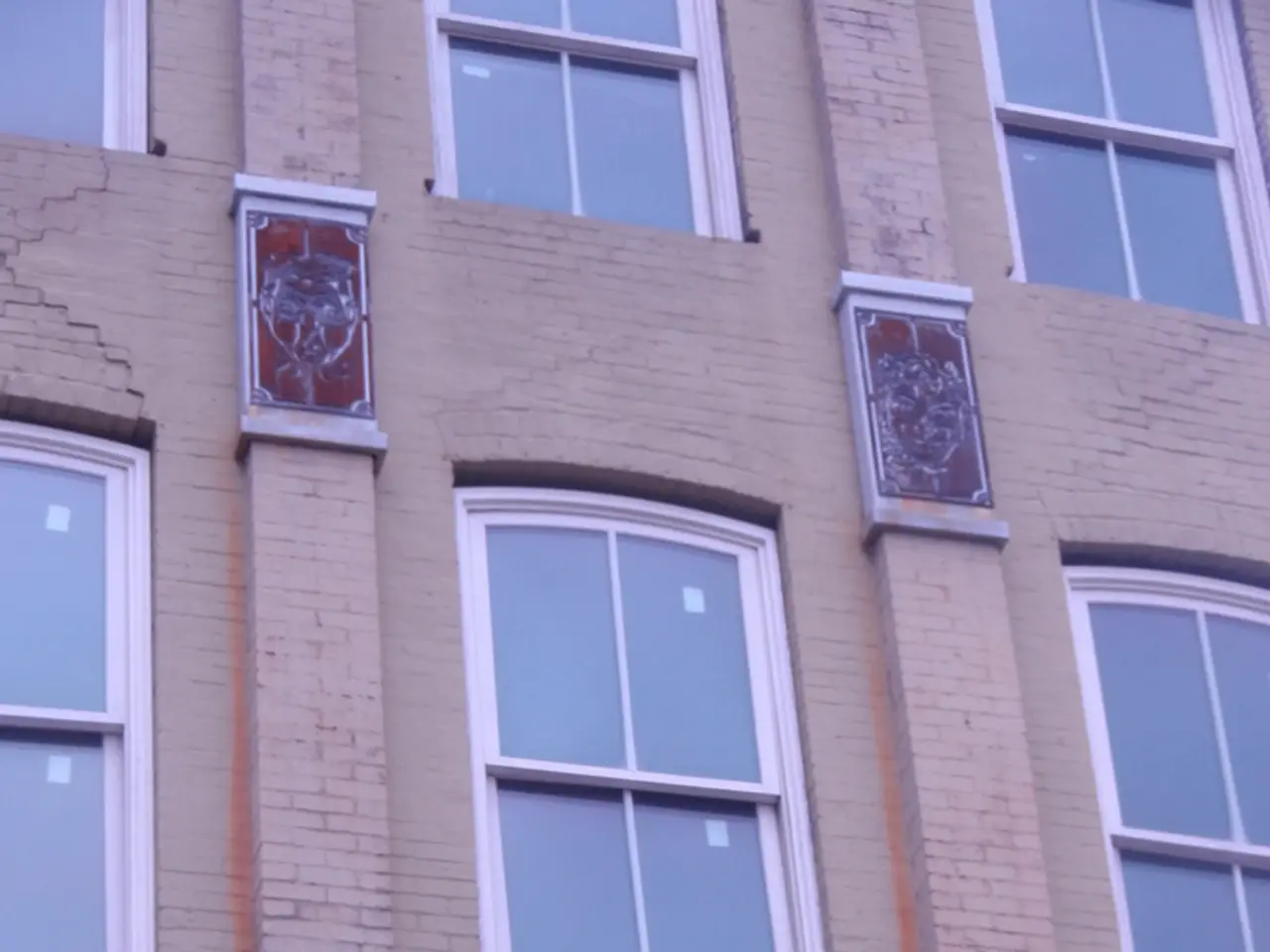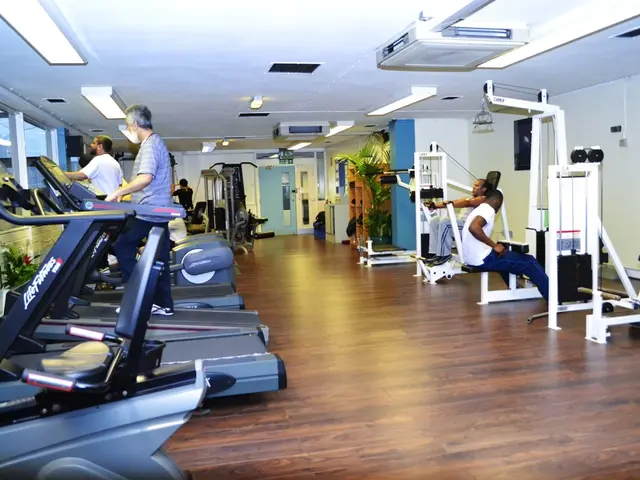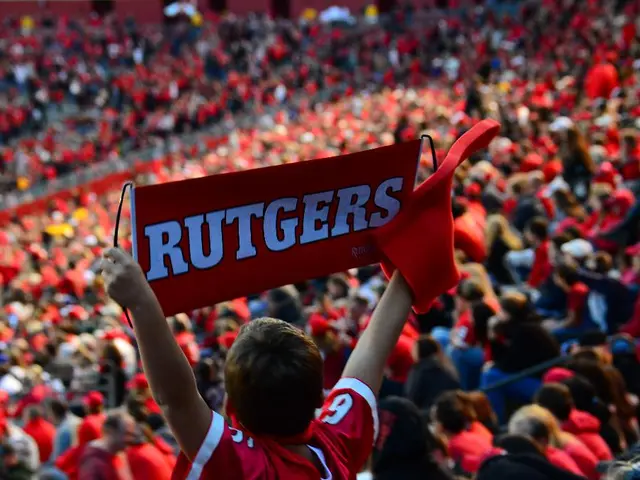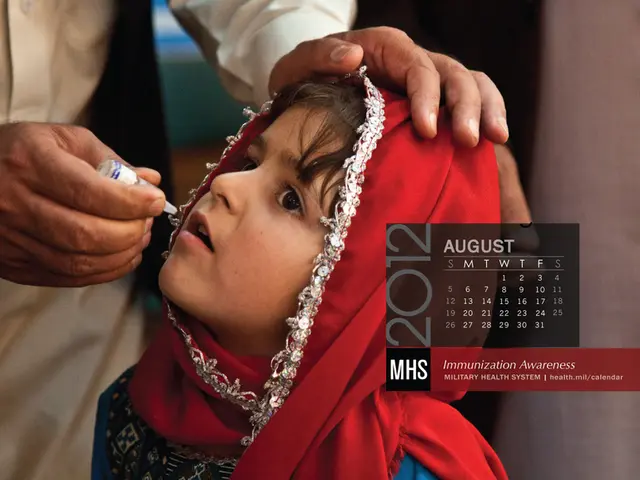Artisanal Glass Studio in Millville Aims to Aid Veterans Struggling with PTSD and Emotional Tumult
In Millville, New Jersey, a unique creative initiative called the "Glass Art for Military Wellness" program is making a significant impact on the lives of veterans and active-duty military members. Held monthly at the WheatonArts glassblowing studio, this program teaches participants the art of glassblowing while fostering a supportive community where veterans can share their experiences and form strong bonds.
The program, developed in partnership with Rowan University’s George Family Center for the Healing Arts, is an extension of national efforts like Operations Art of Valor and Veterans Glassblowing Day, which promote free glass art classes for veterans. In South Jersey, the program represents an innovative blend of art therapy and community engagement specifically tailored to military wellness.
Each piece of glass art created by the veterans will be part of a public exhibit scheduled to open Nov. 7 at Inspira Medical Center in Vineland. The exhibit aims to raise awareness about the mental health challenges veterans face and the importance of creative outlets in their healing process.
Key benefits of the program include healing through creativity, building community, and mental health improvement. Learning glassblowing provides a hands-on, expressive activity that helps process trauma, while sharing stories and working alongside other veterans nurtures connection and support. Participants report help with managing PTSD, depression, and isolation through ongoing engagement in the art.
One veteran participating in the program is Jason Norton from Hamilton, New Jersey. Norton served with the 3rd Infantry at Fort Stewart, Georgia, and was deployed to Kosovo in 2000. He earned the Kosovo Campaign Medal and NATO Medal during his military service. Norton believes that creating art and finding other ways such as exercise, going to the VFW, DAV, and American Legion help with being able to talk and find support for his mental health.
The U.S. Department of Veterans Affairs reports that about 7% of veterans will experience PTSD in their lifetimes, with the number significantly higher for Iraq and Afghanistan veterans. Despite the efforts of programs like "Glass Art for Military Wellness," many veterans still fall through the cracks, according to officials.
If you or someone you know is a veteran in crisis, help is available. Call 988 and press 1 to reach the Veterans Crisis Line, or contact New Jersey's Vet2Vet Peer Support Line at 866-838-7654.
The New Jersey Department of Military and Veterans Affairs offers the Readjustment Counseling Program, which provides free, confidential support to veterans and their families. Given the success of the program, organizers Weichmann and Yacoe are exploring ways to expand the program due to requests by participants for additional classes.
New Jersey has more than 299,000 veterans, and state and local agencies have acknowledged the growing need for trauma-informed services. Most veterans, according to Gross, have a harder time making connections with civilians due to their long service and shared experiences, but giving them a place to gather and connect without the stigma of a group meeting and counseling makes it easier to relax and enjoy.
A group of local military veterans gather monthly at WheatonArts in Millville, New Jersey, to create glass art. The program represents an innovative approach to mental health support, introducing participants to resources in a judgment-free way. A recent clinical study found a 20% greater improvement in mental health symptoms among veterans who participated in art-based therapy compared to talk therapy alone.
- The Glass Art for Military Wellness program in Millville, New Jersey, combines science (glassblowing) with health-and-wellness by offering veterans a creative outlet that fosters mental health improvement.
- In a similar vein, fitness-and-exercise and mental-health intertwine as veterans like Jason Norton believe that engaging in activities like exercise, along with art, can support their mental health and provide avenues for discussion and finding support.




